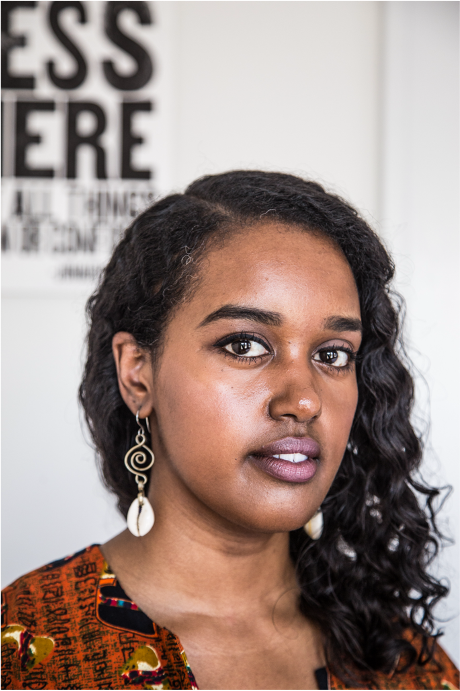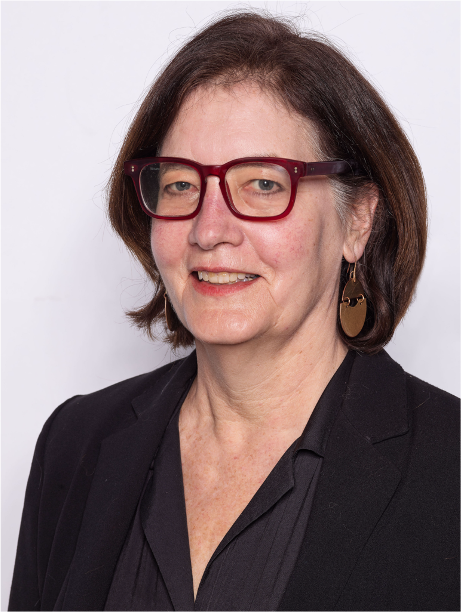What does it mean to engage with historical redress and restorative justice in curatorial
work? What role do historically harmed communities have in this process? What challenges
and potentials do national museum spaces pose? Using the Smithsonian National Museum
of American History's new Center for Restorative History (CRH) as a case study, this
talk will discuss new approaches to museum practice that can radically redefine relationships
to challenging histories, untold stories, and impacted communities.
Guest Bios

Tsione Wolde-Michael (she/her/hers) is a Curator of African American Social Justice History at the Smithsonian
National Museum of American History where she also serves as Director for the Center
for Restorative History. Her work focuses on redress and restorative justice in museums
through innovative approaches to community engagement, collections management, cultural
heritage, and exhibitions. Her international work in Ethiopia, Mozambique, South Africa,
and the United Kingdom has focused on collaborating with local art and public history
institutions to reinterpret colonial collections. She holds a bachelor’s degree in
Women and Gender Studies from Macalester College and her MA in History from Harvard
University.

Nancy Bercaw (she/her/hers) is a curator of Political History at the Smithsonian’s National Museum
of American History, where she also serves as deputy director for the Center for Restorative
History. Her work focuses on creating space for histories excluded from our national
narrative. She joined the museum after serving as the lead curator of the landmark
Slavery and Freedom exhibition at the National Museum of African American History
and Culture where the team implemented community engaged curatorial practice to display
a difficult history resting at the nation's core. At NMAH, she co-curated the exhibitions
Girlhood (It’s complicated) and Reckoning with Remembrance: History, Injustice, and
the Murder of Emmett Till; founded the Undocumented Organizing Collecting Initiative;
and co-produced Tell Me What Democracy Looks Like. She received her BA in history
from Oberlin College and her MA and PhD in American Civilization from the University
of Pennsylvania.




